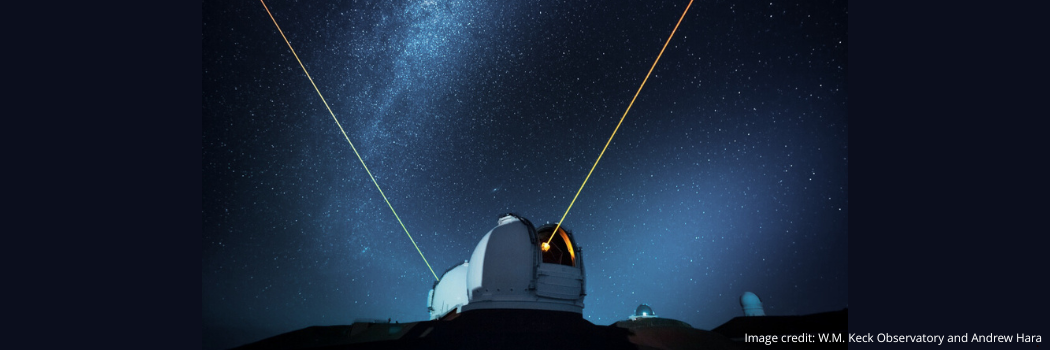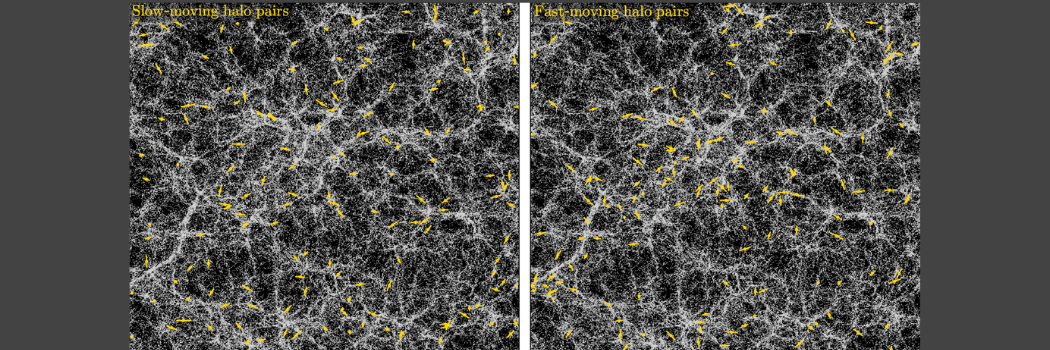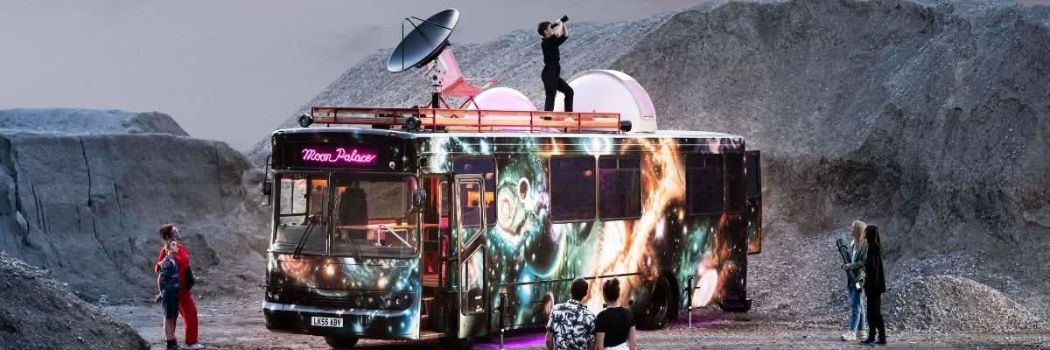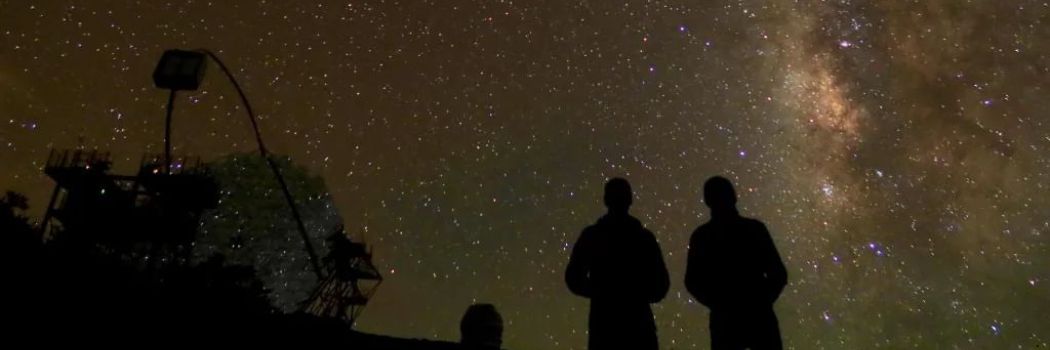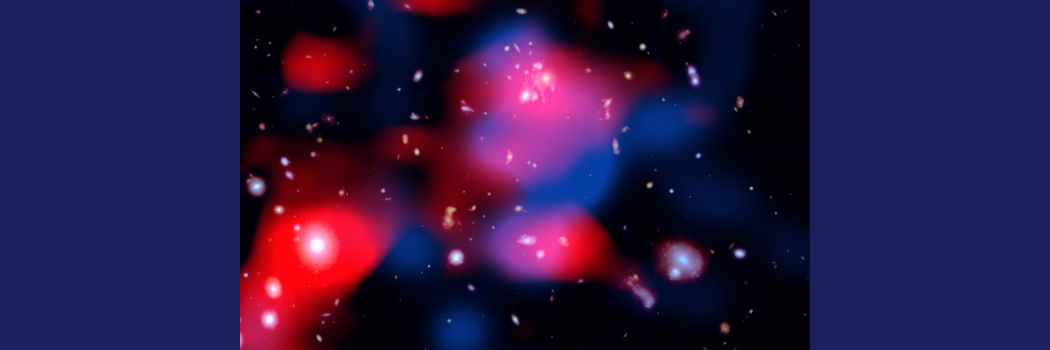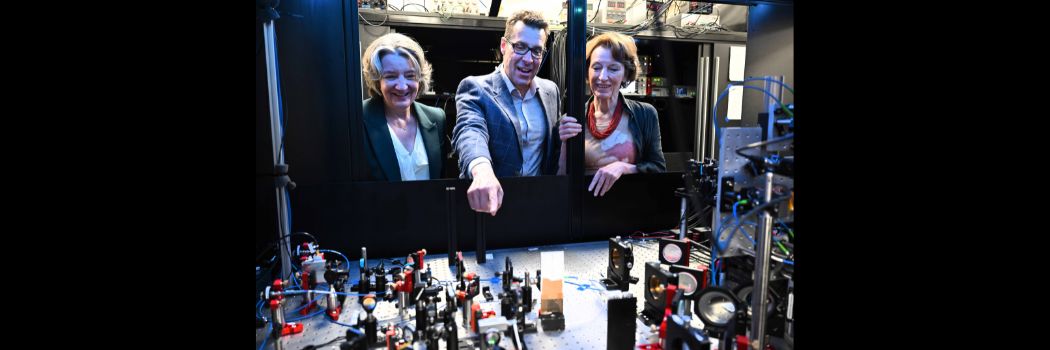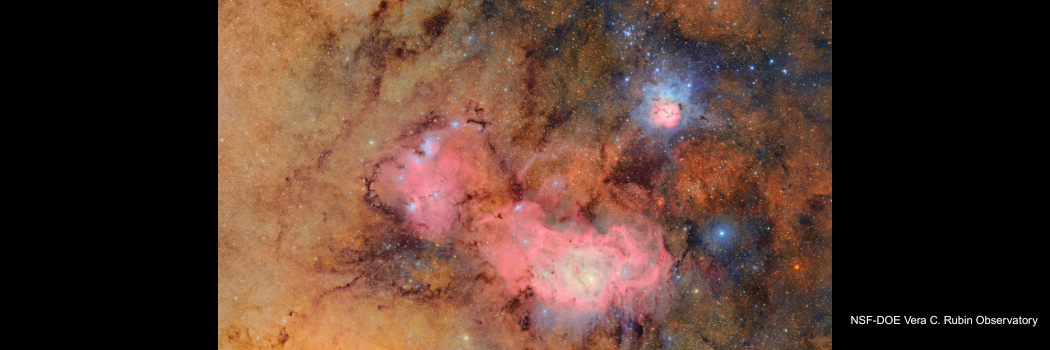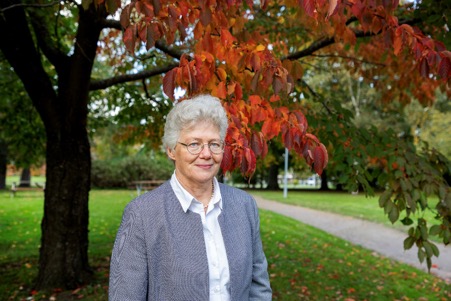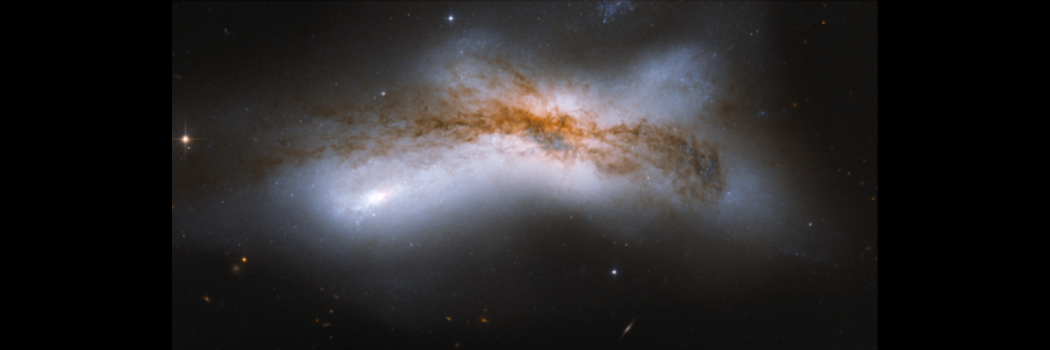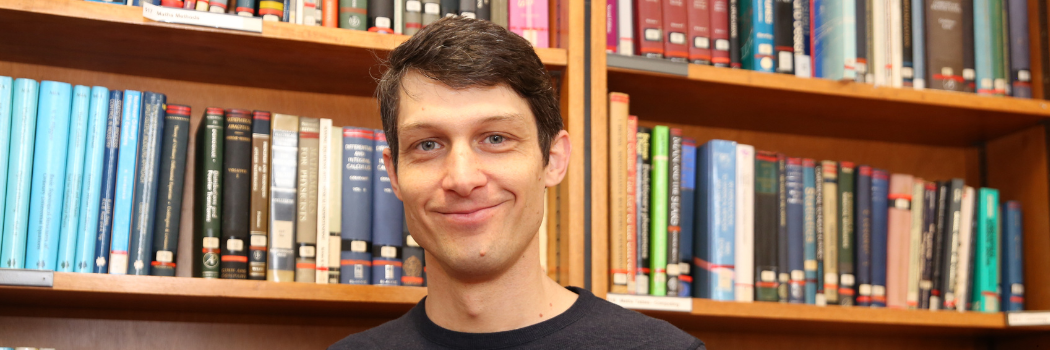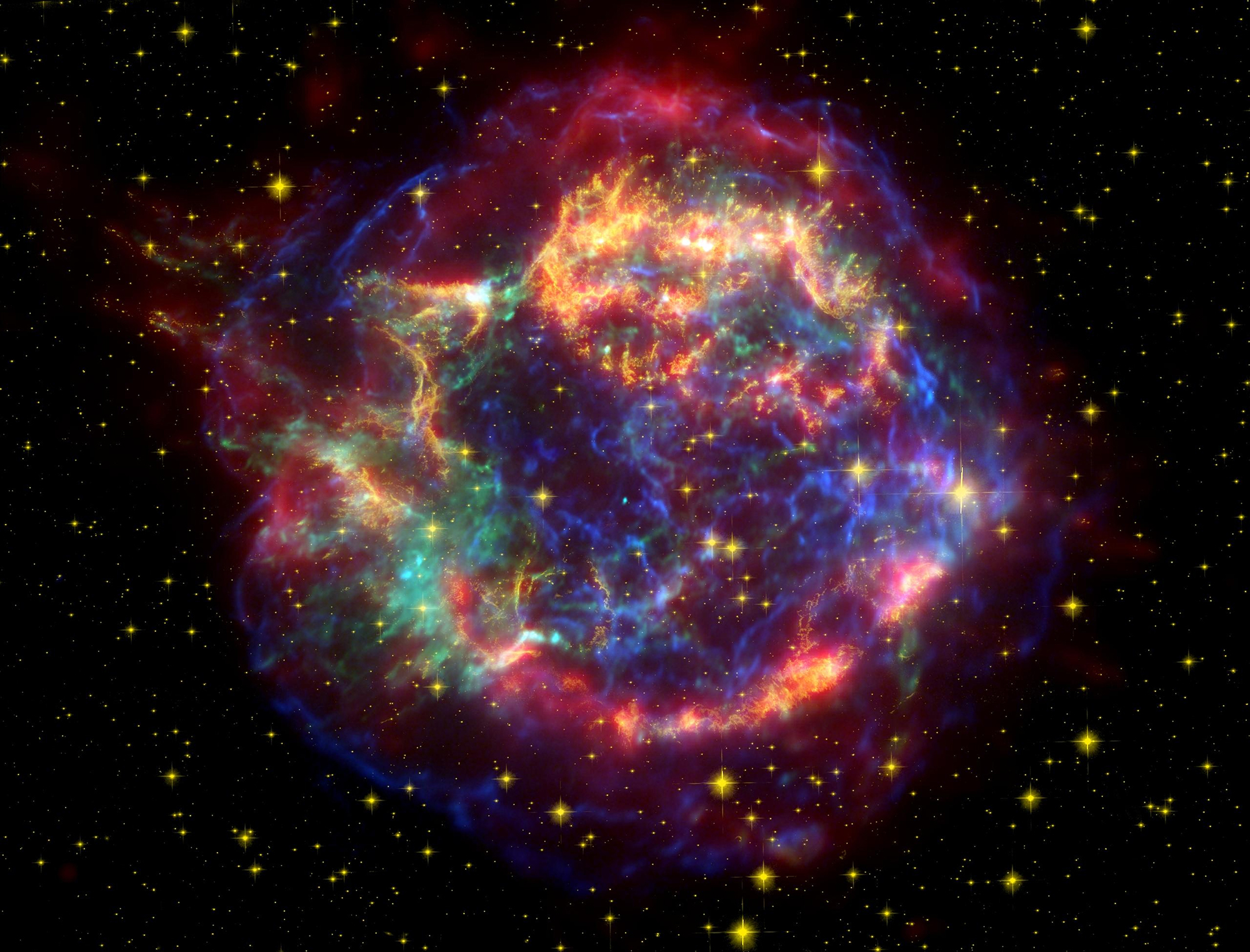Latest News
Working to answer the ultimate question – are we alone in the Universe?
Dr Cyril Bourgenot from our Centre for Advanced Instrumentation is part of a team developing cutting-edge technology to enable astronomers to look deeper into the Universe. He is presenting this work as part of the Royal Astronomical Society’s National Astronomy Meeting 2025, which is being hosted by Durham University this week. Here, Cyril tells us about his work and how it could help answer the ultimate astronomical question – is there life elsewhere.
Dr Kai Wang sheds new light on cosmic connections at National Astronomy Meeting
Dr Kai Wang from our top-rated Physics department has presented his research at the Royal Astronomical Society’s National Astronomy Meeting (NAM2025).
Bright young stars light up UK's National Astronomy Meeting
Young people are at the centre of a major national conference bringing some of the world's finest scientists to the region.
National Astronomy Meeting 2025 – discover our free public events
We’re celebrating our role as hosts of the UK’s leading astronomy conference next week (7-11 July) with a series of free events for the public to enjoy.
National Astronomy Meeting 2025 - exploring Durham’s rich astronomical research
Almost a thousand of the world’s top space scientists will visit Durham University next week (7 to 11 July) as we host the UK’s National Astronomy Meeting (NAM) 2025.
New ‘mini halo’ discovery deepens our understanding of how the early Universe was formed
Astronomers have uncovered a vast cloud of energetic particles surrounding one of the most distant galaxy clusters ever observed, marking a major step forward in understanding the hidden forces that shape the cosmos.
‘World-class’ research showcased during Europe-wide summit
The global impact of our research has been highlighted during a visit by the European Research Council Scientific Council.
Durham scientists play key role in global space survey as first Rubin Observatory images released
Scientists from our top-rated Physics department are playing a major role in the world’s most ambitious space project, the Legacy Survey of Space and Time (LSST), led by the Vera C. Rubin Observatory.
ERC Spotlight: Professor Simon Cornish and global milestones in quantum physics
We will host the European Research Council's (ERC) Scientific Council Meeting this June. Leading up to the visit, we are highlighting some of the projects at Durham that are happening thanks to support from the ERC.
The Rochester Lecture 2025 will be delivered by Nobel Prize Laureate Prof. Anne L'Huillier
When an intense laser interacts with a gas of atoms, high-order harmonics are generated. In the time domain, this radiation forms a train of extremely short light pulses, of the order of 100 attoseconds. Attosecond pulses allow the study of the dynamics of electrons in atoms and molecules, using pump-probe techniques. Anne L'Huillier's lecture will highlight some of the key steps of the field of attosecond science. Her talk is titled 'The Route to Attosecond Light Pulses'.
New study casts doubt on the likelihood of Milky Way collision with Andromeda
New research has cast doubt on the long-held theory that our galaxy, the Milky Way, will collide with its largest neighbour, the Andromeda galaxy, in 4.5 billion years-time.
Prestigious award for physicist exploring the dawn of the Universe
Congratulations to Professor Ryan Cooke from our Department of Physics who is the joint recipient of the 2025 Gruber Foundation Cosmology Prize.


/prod01/prodbucket01/media/durham-university/departments-/physics/teaching-labs/VT2A9034-1998X733.jpeg)
